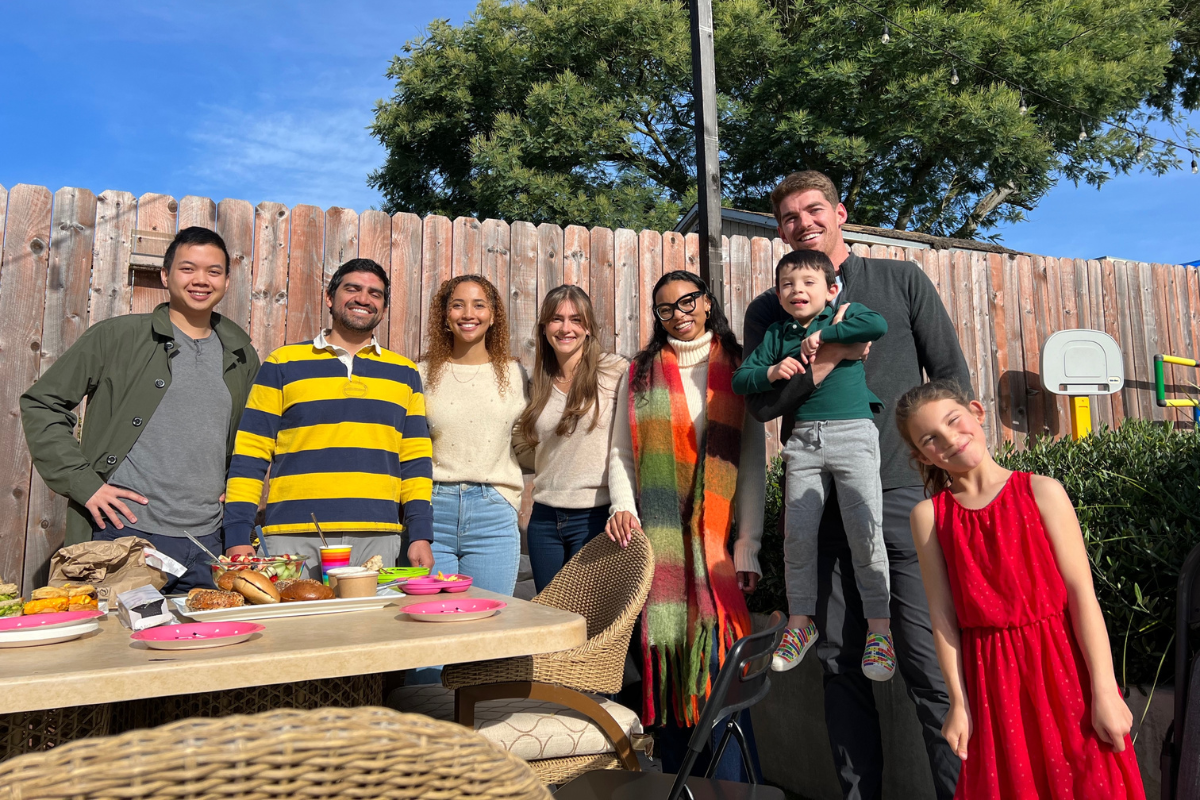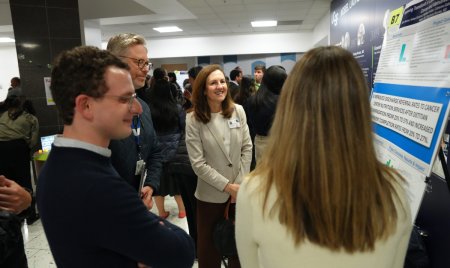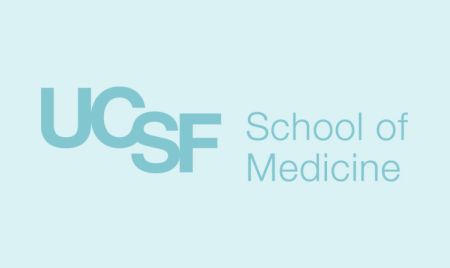How UCSF's Coaching Program is Shaping Future Physicians
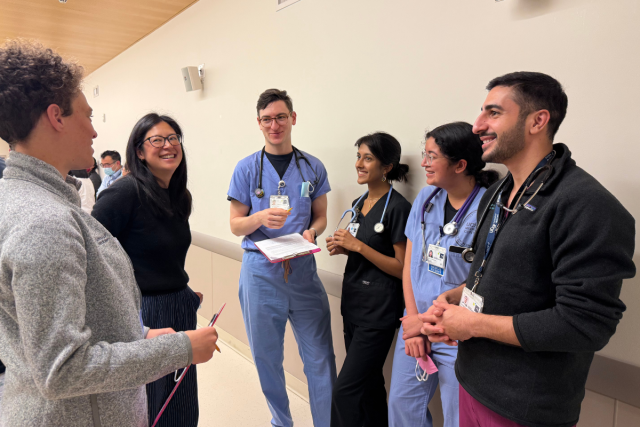
Jessica Abrolat, MS1, Kimberly Luu, MD, Matthew Allen, MS1, Isha Maniyar, MS1, Saffanat Sumra, MS1, and Daniel Rouhani, MS1, in conversation during a clinical skills training at the Kanbar Center for Simulation and Clinical Skills.
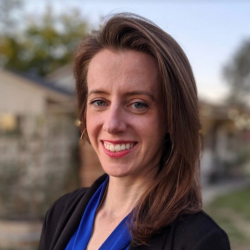
At the UCSF School of Medicine, coaching isn’t a side program—it’s a foundational pillar of how students learn, grow, and connect. Since 2016, the Coaching Program has paired medical students with faculty coaches who provide long-term mentorship, skill-building, and guidance without the pressure of high-stakes evaluation. Now a model for institutions across the country, UCSF’s program continues to evolve to meet the needs of today’s students and tomorrow’s health care landscape.
A Low-Stakes Space for Growth
Unlike most faculty-student interactions in medical school, UCSF coaches do not evaluate the students they work with—allowing for candid, trust-based relationships.
“Since coaches aren’t evaluating students, the connection and low-stakes feedback allows for the vulnerability and risk-taking that is needed for transformative growth,” said Meghan O’Brien, MD, MBE.
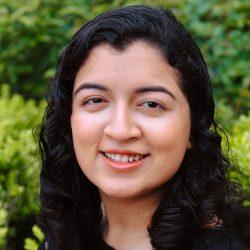
MS1 Saffanat Sumra echoed this: “Expressing your uncertainties creates an honest dialogue. That kind of support is not just academic—it’s personal.”
What Makes Coaching at UCSF Unique
Coaches guide students through small-group clinical skills sessions in Foundations 1, support Health Systems Improvement projects, and—through pilot programs—are now extending their guidance into Foundations 2 as students enter clerkships.
"The coaching program is constantly innovating,” said Kimberly Luu, MD, Assistant Professor of Otolaryngology and coach. “We’re engaging with topics like longitudinal clerkships and even AI in medicine.”
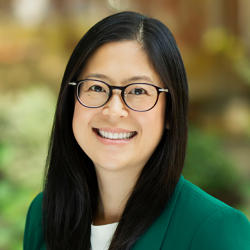
Evolving to Reflect the Student Body
Under the leadership of Andi Marmor, MD, Professor of Pediatrics, the Coaching Program is placing intentional focus on diversifying its faculty to reflect UCSF’s students.
“Coaching is about more than skill-building,” said Dr. Marmor. “It’s about helping future doctors thrive—with emotional intelligence, self-awareness, and community-mindedness.”
New pilots include expanded support during Foundations 2 and targeted support for students in regional programs like SJV PRIME.
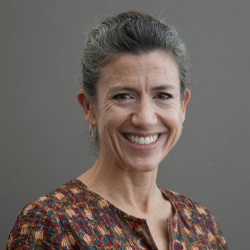
Why Faculty Love Coaching, Too
For faculty, coaching is both personally and professionally enriching.
“I’ve grown so much from the coaching community,” said Dr. Luu.
“It makes me a better doctor,” added Josué Zapata, MD, MBA, Associate Professor of Medicine and coach. “Explaining clinical skills to students has deepened my own practice.”
Dr. O’Brien became involved as a coach for students in the San Joaquin Valley Program (SJV) PRIME program to support the work of addressing the inequities in health care access due to a physician shortage in California’s Central Valley. “I have enjoyed getting to know colleagues in Fresno and learning more about the area through my students. It has also been special to witness the deep bonds between students in my coaching group, which are nurtured in part by a shared geographic connection,” she said.
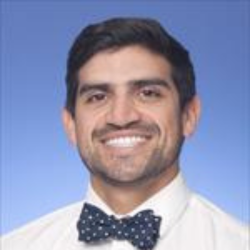
Connections That Last Beyond Medical School
Many coaches continue to support their students long after graduation—celebrating milestones and staying connected as their careers evolve.
For Dr. Zapata, one of the most important reasons to continue coaching is building lasting personal connections. “The best part of getting to know our students is building great relationships that last long after the formal coaching relationship ends. I've been a coach for almost eight years, and I have seen them grow into amazing doctors, people, parents, and much more. Cheering them on is something I’ll never tire of,” he said.
Looking Ahead
As the program approaches its 10-year anniversary, the UCSF Coaching Program continues to lead by example—expanding its reach, refining its impact, and elevating what it means to support a student’s journey into medicine.
